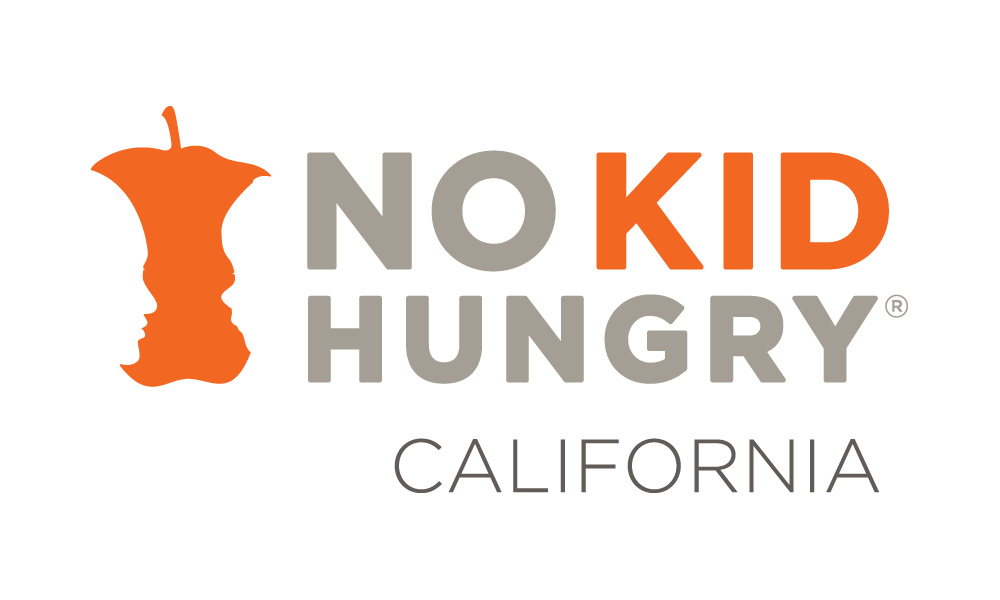Partner Spotlight: How Indigenous Farmworkers Are Building Community and Power
The Mixteco/Indigena Community Organizing Project (MICOP) is the largest indigenous-led organization on California’s Central Coast.
For 21 years, MICOP has served the indigenous migrant communities in Santa Barbara and Ventura counties.
At least 165,000 of California farmworkers are believed to be migrants from Indigenous communities in Mexico. They represent 13 Mexican states and speak over 23 indigenous languages.
MICOP’s Executive Director, Arcenio J. López was one of the organization’s earliest volunteers while simultaneously working in the strawberry fields in Oxnard, Calif.
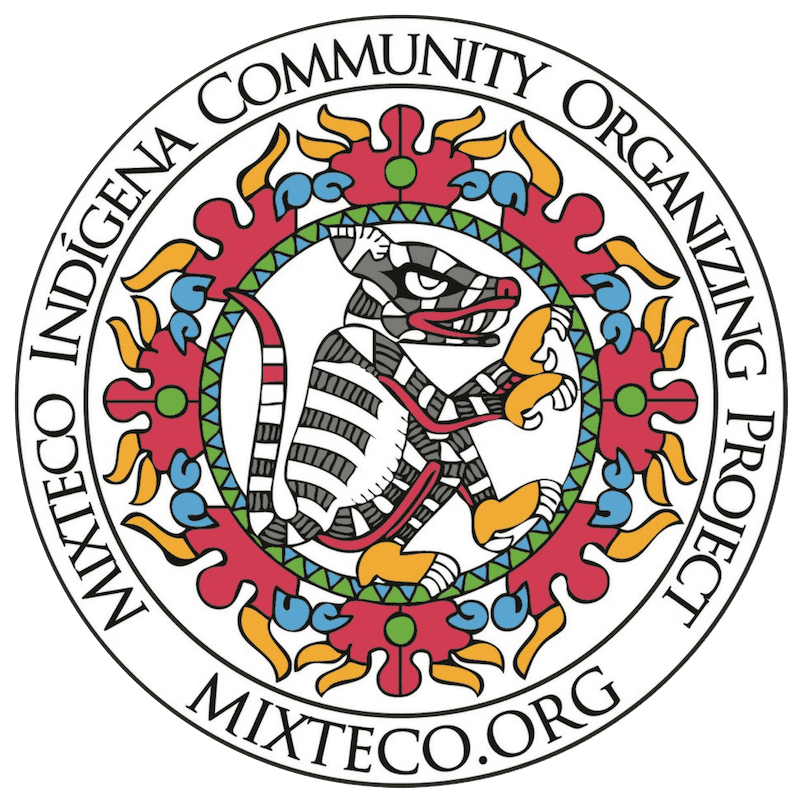
“Indigenous migrant farmworkers are extremely low-wage earners whose families often face food shortages and inadequate housing, particularly during emergencies like the wildfires and the pandemic,” he said.
Starting with no budget, offices or paid positions, MICOP today has a team of 120 employees. In 2021, 85 percent of staff is from the indigenous communities MICOP serves. “It’s all been grassroots and still very grassroots,” López said.
Combating Misinformation with Truth and Language Access
With more than 20 different programs, MICOP is a trustworthy messenger of information and resources within local indigenous migrant communities.
Whether it was about vaccine information, food benefits and community support, one program, Radio Indigena 94.1 FM has been instrumental for entertainment, resources and combating disinformation.
“When they’re working, they’re always carrying a radio and listening to radios, so that just became so handy during the pandemic,” López said.
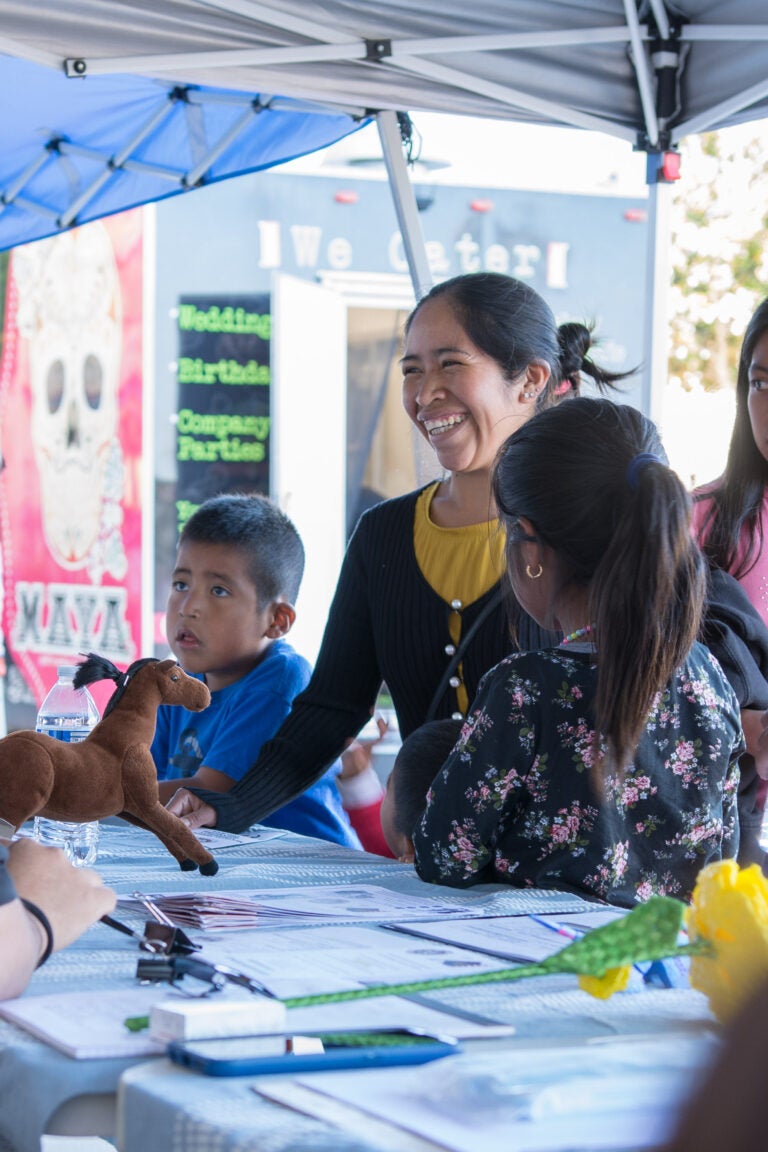
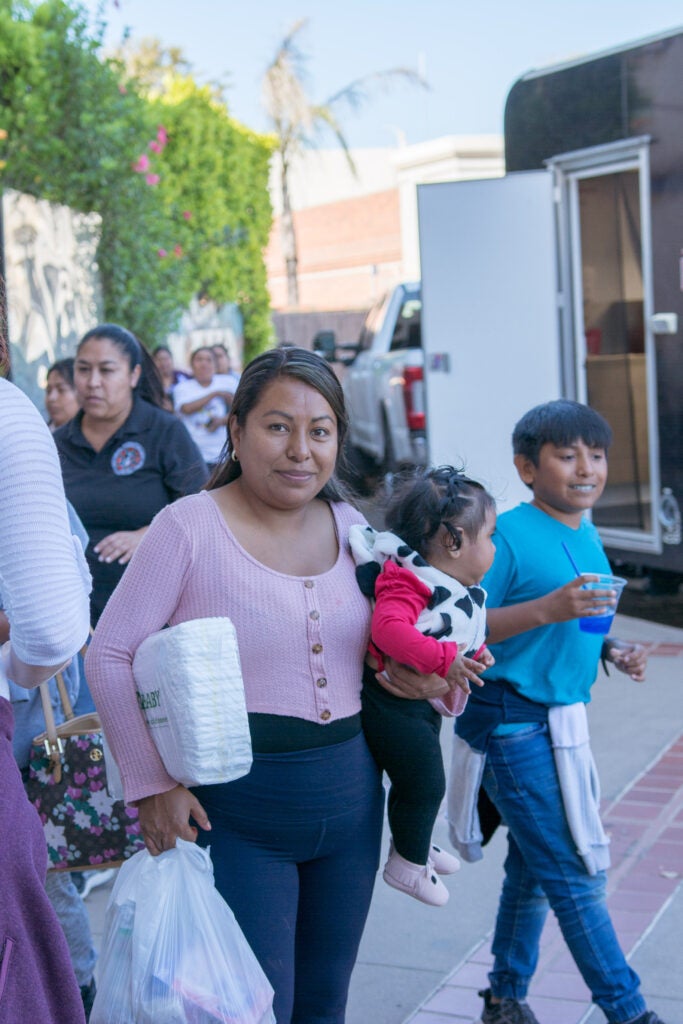
One narrative they face constantly is the Public Charge rule. Even though Public Charge was reserved, not many families know.
“We know that fear is constant but all the community members we serve have trust in us. Many of the farmworkers we serve do not speak Spanish, many speak indigenous languages like Zapoteco, Purepecha and Triqui,” López said.
Through word of mouth and Radio Indigena, they dispel their fears with truth.
MICOP has been at the forefront dispelling myths and connecting indigenous migrant and farmworker communities to social safety net programs and resources.
Monthly Community Meetings for Basic Needs and Health Services
MICOP’s monthly community meetings became a critical resource for farmworkers during the pandemic. According to López, the meetings were a monthly distribution of support materials such as diapers, grocery cards, personal protective equipment and COVID testing.
“We knew that our communities were waiting for us, to hear from us and to help them understand what was going with COVID,” he said.
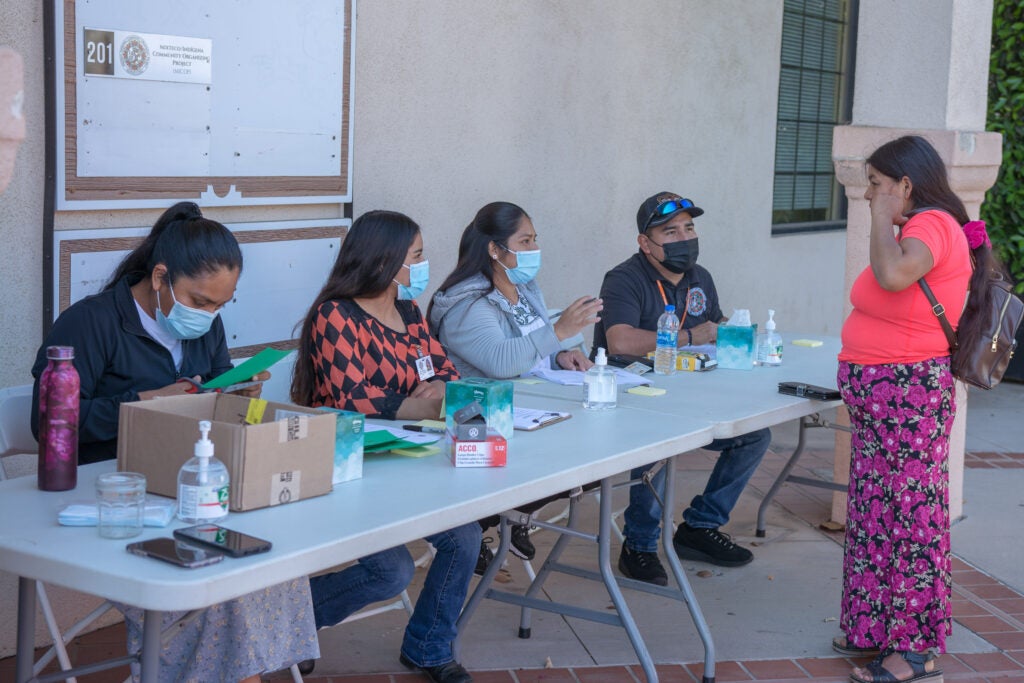
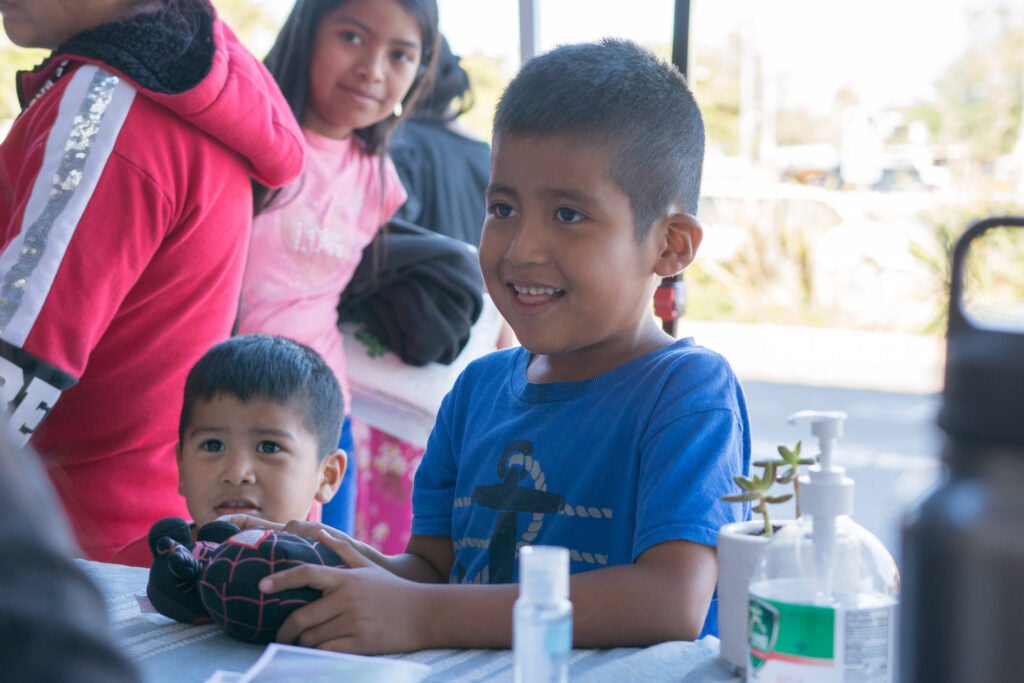
With support from No Kid Hungry and other partners, MICOP adjusted its programming to provide food cards to local grocers that carried staple items for families. Throughout 2021, MICOP distributed 3,000 support grocery gift cards in Oxnard, 600 cards in Santa Paula, and thousands of PPE kits in the Ventura county area. “Everything was moving pretty fast. Even though we had limited our operations to ensure the health and safety of volunteers and individuals, the line would always be huge. When we could only accommodate a hundred individuals, two hundred people were waiting in line.”
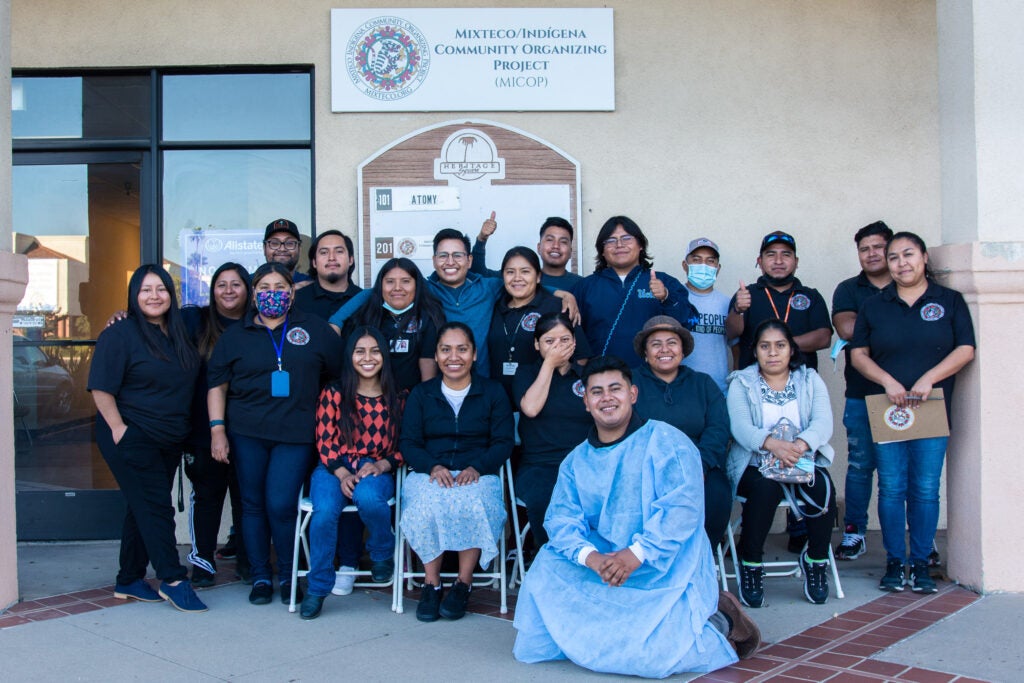
At No Kid Hungry, we’re committed to ensuring all kids have three meals a day, 365 days a year. And indigeneity extends beyond land and political boundaries. Indigenous communities have been stewards of the land we call home and the food we eat on our plates.
Last Reviewed: November 30, 2022
